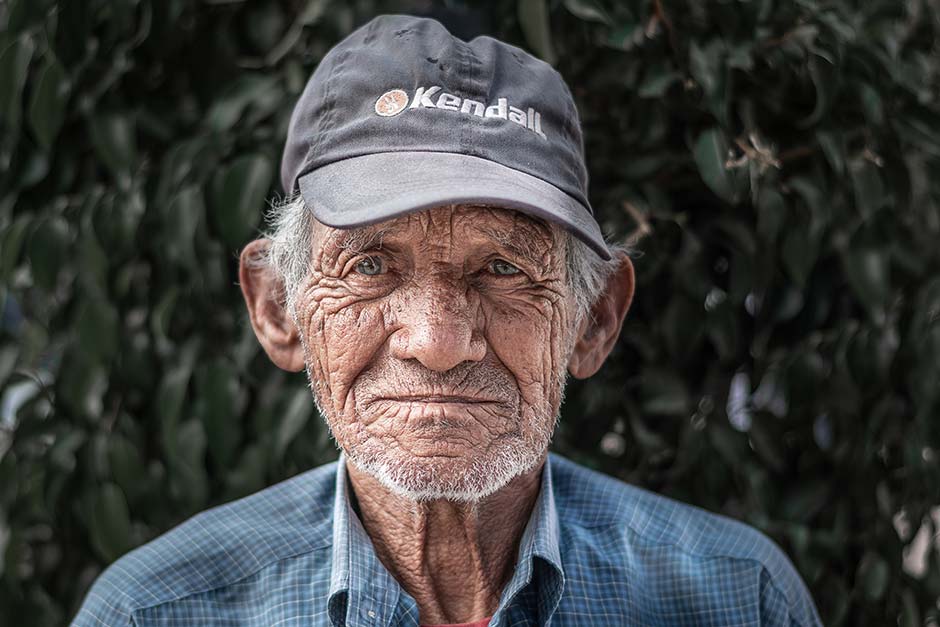Aging and Homelessness

September is Healthy Aging Month and many organizations are promoting healthy living for seniors. At CaringWorks, we understand the unique health challenges facing the elderly population who have experienced homelessness. Just a few of the health problems they may be facing include chronic substance abuse, mental illness, chronic pulmonary disease, vascular disease, hypertension, urinary incontinence, and tuberculosis. Many seniors are too afraid to seek help, don’t have the financial resources for care, or don’t trust health care professionals.
CaringWorks addresses these concerns through several avenues. Our supportive housing, behavioral health programs and health initiatives are essential to address the complex needs of these vulnerable elders and to avoid costly ER visits or institutionalization. Housing is just part of the answer. Our clients are given support in physical health, mental health, civic engagement, and socialization in addition to substance abuse support programs.
A few facts about this population:
What is often referred to as the “invisible population,” (homeless and formerly homeless age 50 +), can no longer be overlooked.The population has grown significantly -nearly half all single homeless adults are over age 50. The median age of homelessness has risen steadily and the trend shows no signs of reversing. Projections indicate that the number of vulnerable elders will double by 2050.
This population has a unique set of needs that distinguishes it from both the homeless and the general elderly populations. Aging adults who have been homeless experience chronic illnesses and geriatric conditions 15-20 years earlier than the general population and are more vulnerable when living unsheltered, subject to isolation, rapidly deteriorating health and premature mortality.The average life expectancy for an elder who has experienced homelessness is 63 years versus 80 years for those who have not.
Older homeless adults living on the streets experience their health deteriorating at much faster rates than younger homeless, as they struggle to manage a number of complex and co-occurring chronic, physical and behavioral health challenges as well as early-onset geriatric conditions. Due to poor living conditions and diet, lack of access to preventative healthcare, and serious physical and mental health issues, homeless individuals have mortality rates that are three to four times that of the general population. Older homeless individuals experience these same issues and also experience alcohol-related illness, frailty and cognitive impairments at higher rates and are four times more likely to have one or more chronic illnesses.
According to the CDC, 1 in 6 HIV diagnosis are aged 50 and older since 2018. This is one of the fastest growing groups for HIV/AIDS diagnosis. Additional statistics on HIV and Seniors can be found at on the CDC’s Website.
Older people in the United States are more likely than younger people to have late-stage HIV infection at the time of diagnosis. People aged 50 and older may start treatment late, which may put this population at risk of more immune system damage. Among people aged 55 and older who received an HIV diagnosis in 2015, 50% had HIV for 4.5 years before they were diagnosed—the longest diagnosis delay for any age group.
CaringWorks is addressing these health issues through a variety of programs. To learn more about how you can receive help, visit our volunteer or donate towards senior health and wellness, visit our website.
Information on senior health and supportive housing can be found at www.csh.org. CSH is the national leader in supportive housing, focusing on person-centered growth, recovery and success that contributes to the health and wellbeing of the entire community.
